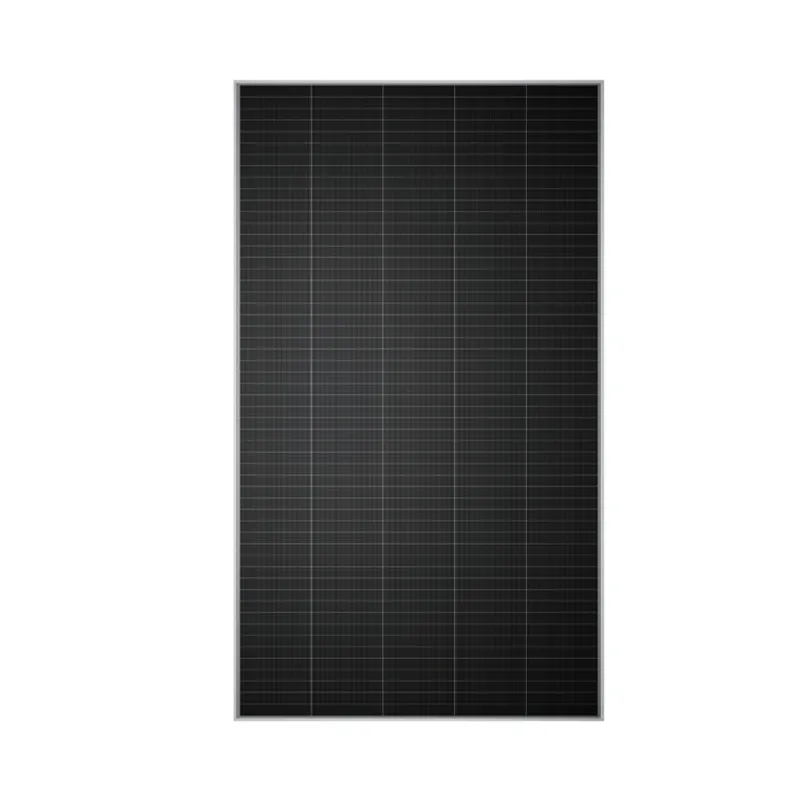solar equipment
The Importance of Solar Equipment in Renewable Energy
As concerns about climate change and energy sustainability continue to grow, solar energy has emerged as one of the most promising solutions to meet our energy demands. Solar equipment plays a crucial role in harnessing sunlight and converting it into usable energy, making it an essential component of the renewable energy landscape.
At the forefront of solar equipment are solar panels, also known as photovoltaic (PV) panels. These panels consist of numerous solar cells made from semiconductor materials, typically silicon. When sunlight hits these cells, it generates electricity through the photovoltaic effect. The efficiency of solar panels has significantly improved over the years, with modern panels converting over 20% of sunlight into electricity. This increased efficiency makes solar energy more accessible and cost-effective for both residential and commercial applications.
In addition to solar panels, inverters are vital components of solar energy systems. These devices convert the direct current (DC) produced by solar panels into alternating current (AC), which is the standard form of electricity used in homes and businesses. With advancements in technology, smart inverters have been developed to optimize energy production, monitor system performance, and enhance grid stability. This technology allows users to maximize their energy output and even sell excess energy back to the grid.
Another critical element of solar equipment is battery storage systems
. As solar energy generation depends on sunlight, the ability to store energy for use during cloudy days or at night is crucial. Lithium-ion batteries are becoming increasingly popular due to their high energy density and efficiency. These systems not only provide backup power during outages but also allow homeowners to minimize their reliance on the grid, further promoting energy independence.solar equipment

Solar thermal systems are another aspect of solar equipment that often goes unnoticed. These systems use sunlight to produce heat instead of electricity, which can be used for domestic hot water, heating spaces, or even in industrial applications. By harnessing solar thermal energy, users can significantly reduce their fossil fuel consumption and overall energy bills.
The installation of solar equipment also brings about economic benefits. As the industry continues to grow, it creates jobs in manufacturing, installation, and maintenance. Many governments offer incentives and tax credits to encourage the adoption of solar technologies, making it a more attractive option for homeowners and businesses alike.
Moreover, incorporating solar energy into our energy mix contributes to a more sustainable future. By reducing our dependency on fossil fuels, we can lower greenhouse gas emissions and take steps towards combating climate change. Solar energy is abundant, renewable, and available nearly everywhere, making it a vital resource for global energy transition.
In conclusion, solar equipment is at the heart of the shift towards renewable energy. With the advancements in solar panels, inverters, battery storage, and solar thermal systems, harnessing the sun's energy has never been easier or more efficient. As we continue to invest in and embrace these technologies, we move closer to a cleaner, more sustainable energy future for generations to come. By prioritizing solar energy, we can unlock the potential of our most abundant and renewable resource—sunlight.
-
Understanding the Advantages of Solar String Inverters for Your Energy SystemNewsApr.29,2025
-
Choosing the Right PV Inverter: A Comprehensive GuideNewsApr.29,2025
-
The Future of Solar Power: Exploring Bifacial Solar PanelsNewsApr.29,2025
-
The Complete Guide to Solar Panels: Efficiency, Cost, And InstallationNewsApr.29,2025
-
The Best Options for Efficiency and Cost-EffectivenessNewsApr.29,2025
-
Harnessing the Power of Off-Grid Solar Inverters for Energy IndependenceNewsApr.29,2025







